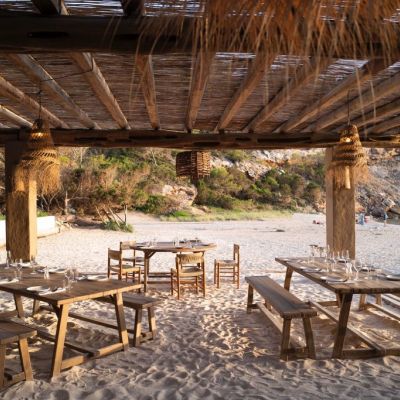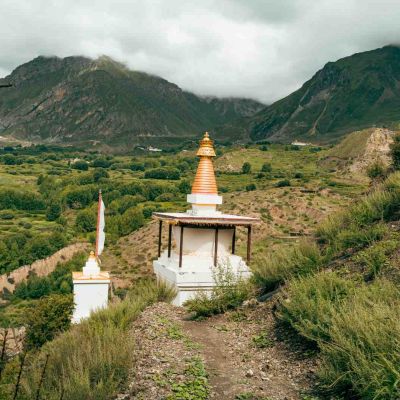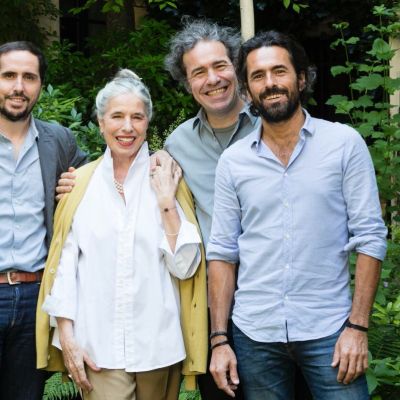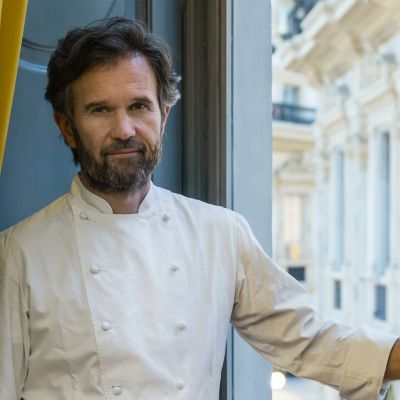The Future of Luxury Travel
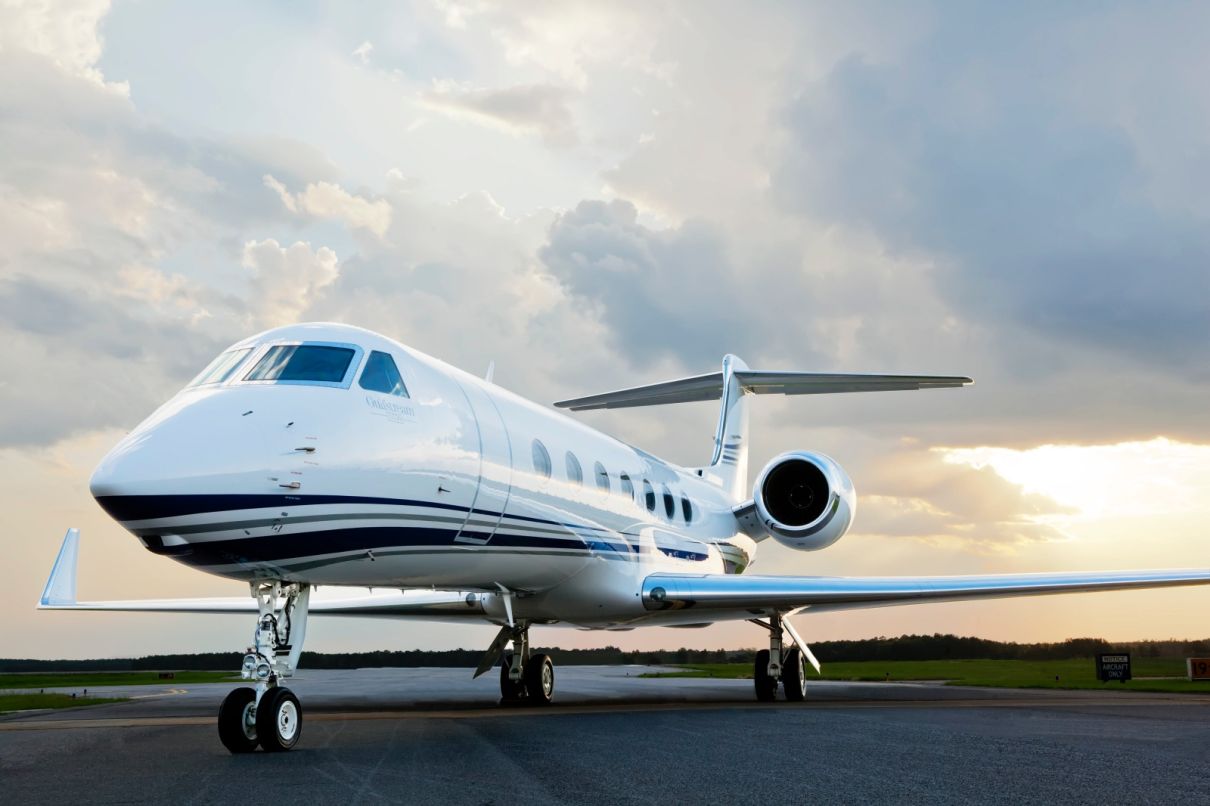
The luxury travel industry is undergoing a paradigm shift. Four experts weigh in on what it will look like in future.
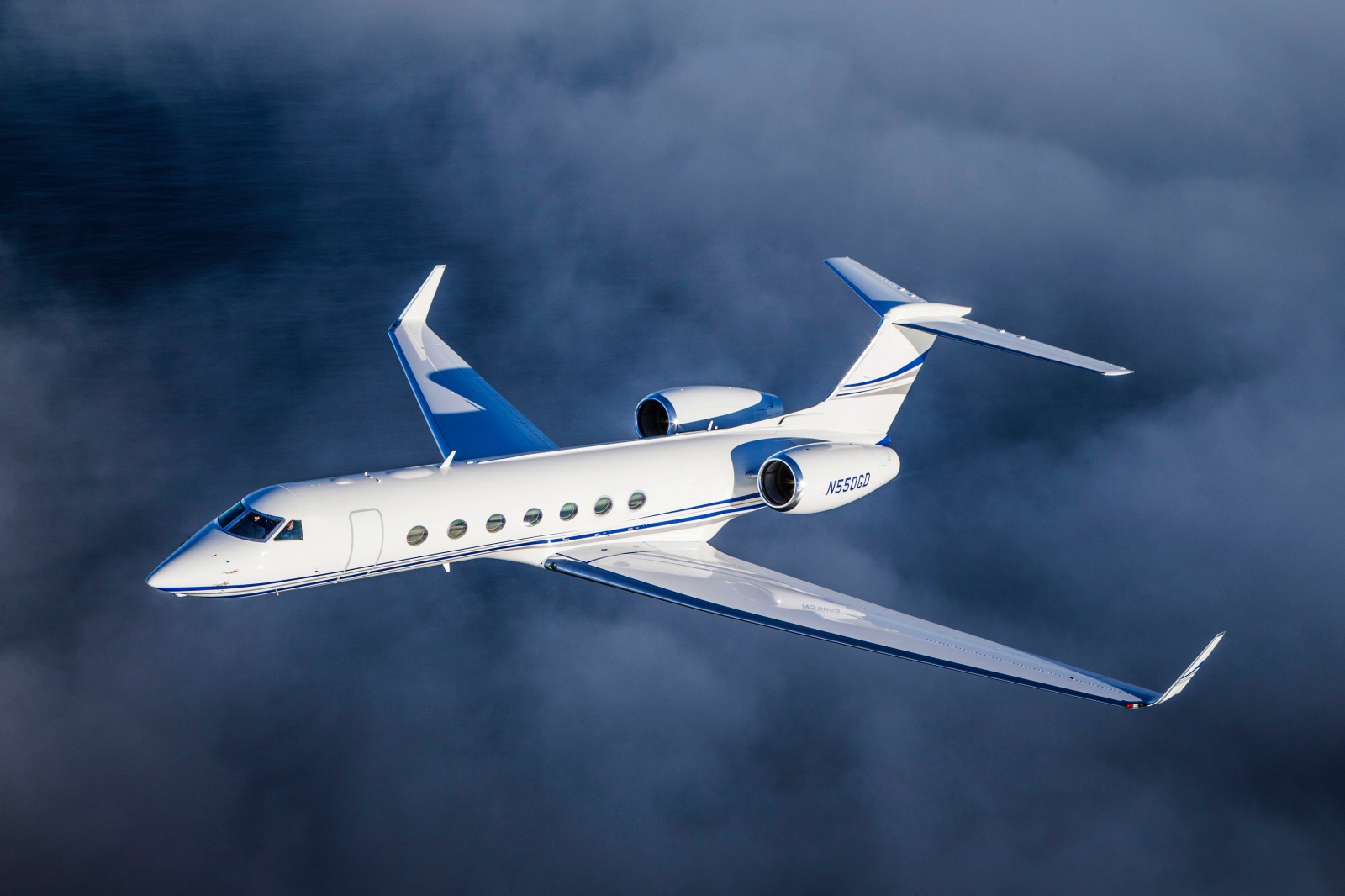
Ah, those pre-COVID days. How free we were. Booking a spontaneous flight on a Thursday and by Friday, enjoying a sundowner to start a long weekend in Tuscany.
Now that there seems to be a glimmer of light at the end of the COVID tunnel, many of us will be contemplating – nay, fantasising - where to go when the restrictions have eased. Michael Bonsor, the managing director of Rosewood London, a five-star hotel, believes that luxury travellers are counting down the days to when lockdown lifts. "We've reached out to our top clients and they are desperate to get something in the diary to have something to look forward to," he says.
But he admits it is going to take a complete shift of mindset to adapt and move forward, post-lockdown. "We opened seven years ago, now it's almost back to square one." He caveats that the real test for the hotel will be when the doors re-open later this year, managing the balance between a luxurious experience whilst maintaining health standards.
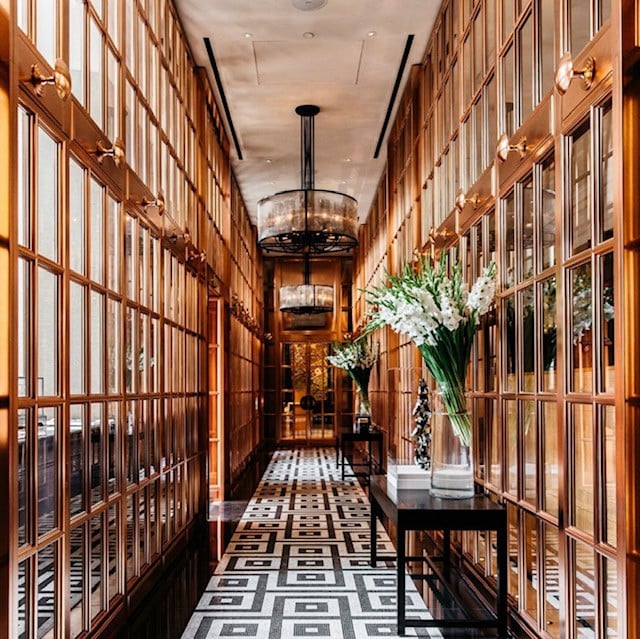
Much will come down to pre-arrival questionnaires and guest communication, says Bonsor. "Guests may be wanting to reduce contact with strangers and so may no longer want a turndown service or will want to keep housekeeping limited," he suggests. He also anticipates more staycations from domestic guests in the UK, so is looking to add to the roster of experiences that can be enjoyed onsite, for instance, a sommelier educational evening or a pie-making masterclass with the head chef.
For certain the way we travel is going to change dramatically in the short term, and probably for good. Much of that will be around the flying experience, says Colin Baker, a Hong Kong-based entrepreneur and chairman of 365 Aviation, a company which charters private jets.
In the immediate aftermath, travelling will be mainly done by the business crowd, wanting to get off Zoom and start making deals face-to-face. Leisure travellers will return in baby steps. "Leisure travel - at least internationally - will come back more slowly," he says. "Everyone in the industry has to face facts that it will be more difficult."
But he caveats that as restrictions on quarantines are relaxed there will likely be a new seam of leisure customer wanting to fly private for health reasons. "Higher risk people will want to be able to control their environment and they may allocate more of their travel budget to the flight, particularly in family groups," he expects.
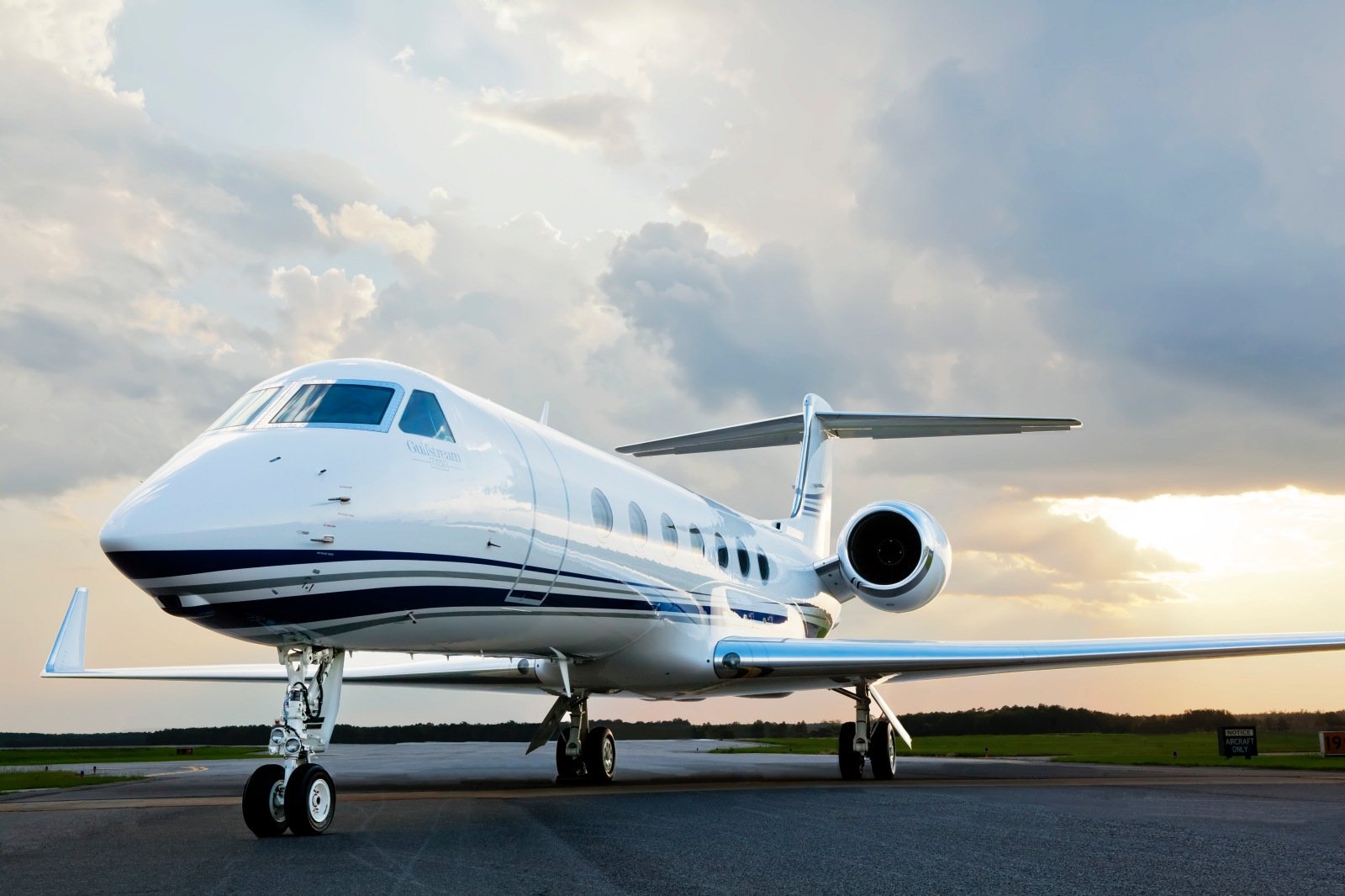
In the future travellers will will fly to fewer destinations but may go for longer stays, he adds. The ordeal that flying is likely to become – health passports, immunization checks, temperature checks, greater costs, a longer check in time, quarantining, not to mention the safety risks - will be off-putting for anything less than a fortnight. He adds that customers will want to know more about how an aircraft is cleaned, and ultra violet light, fogging and perspex dividers between seats may become the norm on our flights in future.
Ian Moore, the chief commercial officer of private jet company VistaJet, agrees that the frequency of business travel will bounce back first, with leisure travel to follow. He adds: "We may see a shorter booking window since people will be planning for the short term over booking trips far into the future."
He said that VistaJet is requiring aircraft is to be cleaned with the sanitizing product Bacoban after each flight. This product is active/effective for up to 10 days but will be carried out after each flight. "A de-sanitization cleaning cycle has been implemented to schedule all aircraft to be fully treated by an approved agency every 7 days," he adds.
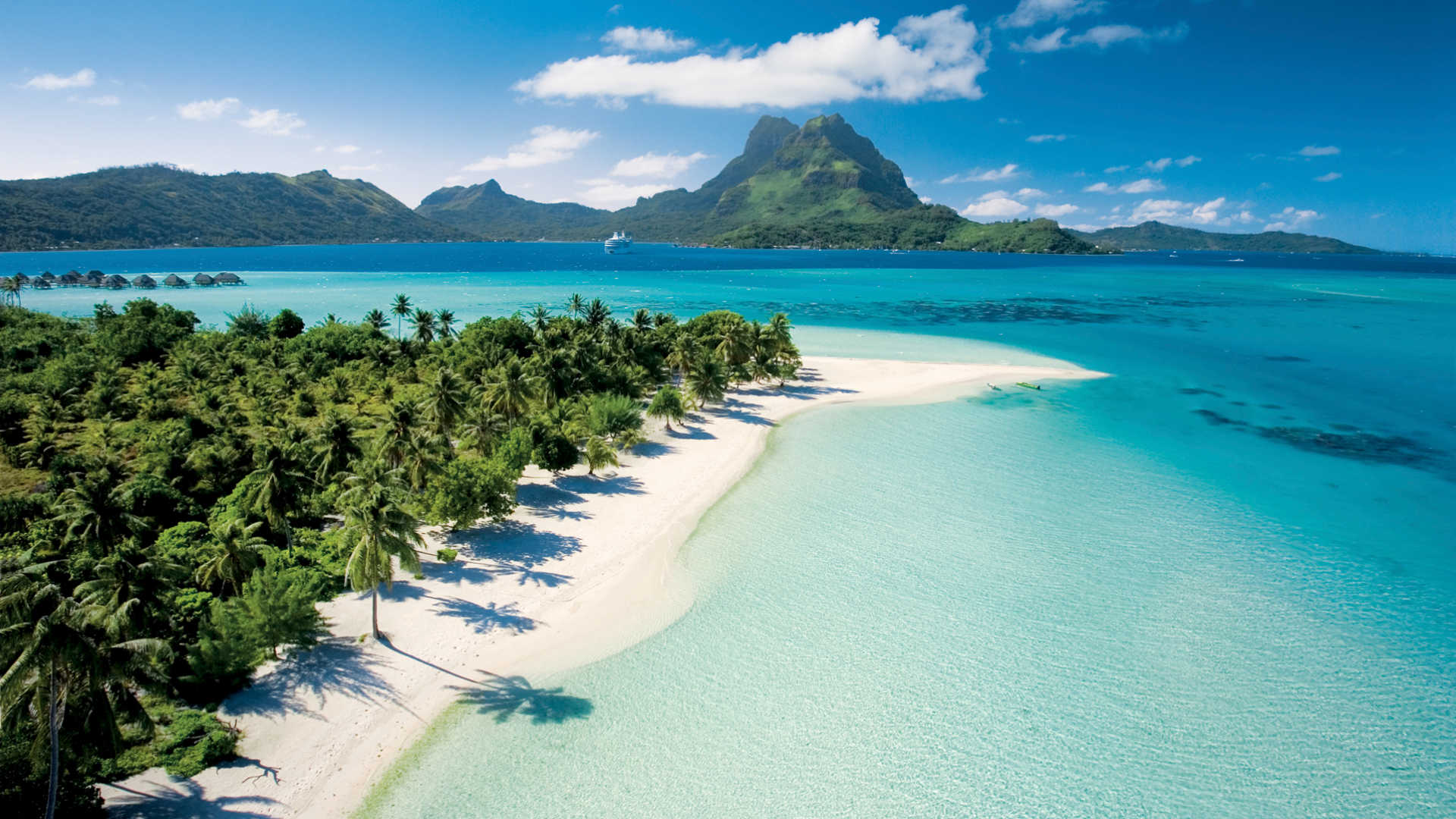
Jimmy Carroll, the co-founder of Pelorus, an experiential travel and yachting company, agrees that holidays in future will be longer and also more meaningful. Whereas before people might have popped off for a weekend without knowing much about a place, now he expects that travellers will put more thought into going across the world and what they want to get from it. He said that many of the trips Pelorus had planned for 2020 have been postponed for a year, and there has been a big upswing in honeymoon bookings for couples who have had to cancel weddings this year.
"People really want to do something special and memorable to make up for it."
And there has also been a greater interest in domestic travel, he adds. "People see pictures of the Outer Hebrides or the Isle of Skye and they can't believe it is in the UK. It is changing the perspective about the gems we have on our own doorstep."

